Russian political leadership and Putin’s mobilization of the past
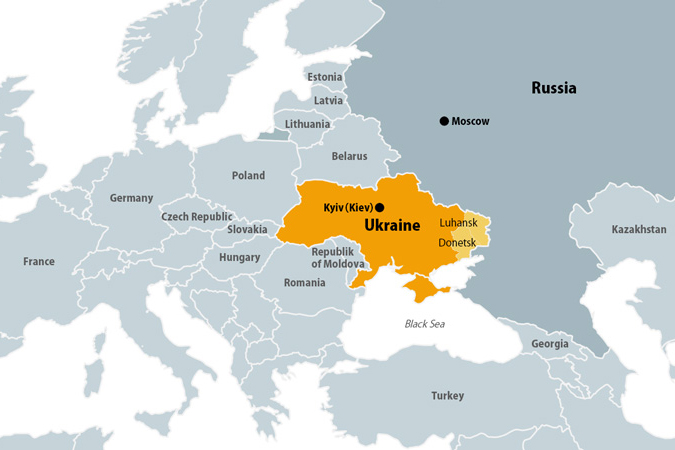
Russia’s invasion of Ukraine has been ongoing since February of this year with seemingly no end in sight. What historical narratives underpin Russia’s aggression towards Ukraine as well as the Putin administration in general? Associate Professor Yoshiro Ikeda (Graduate School of Humanities and Sociology), a specialist of modern Russian history, provides insight into this question and more in his discussion of Russian political culture as it transcends regimes and governance structures.
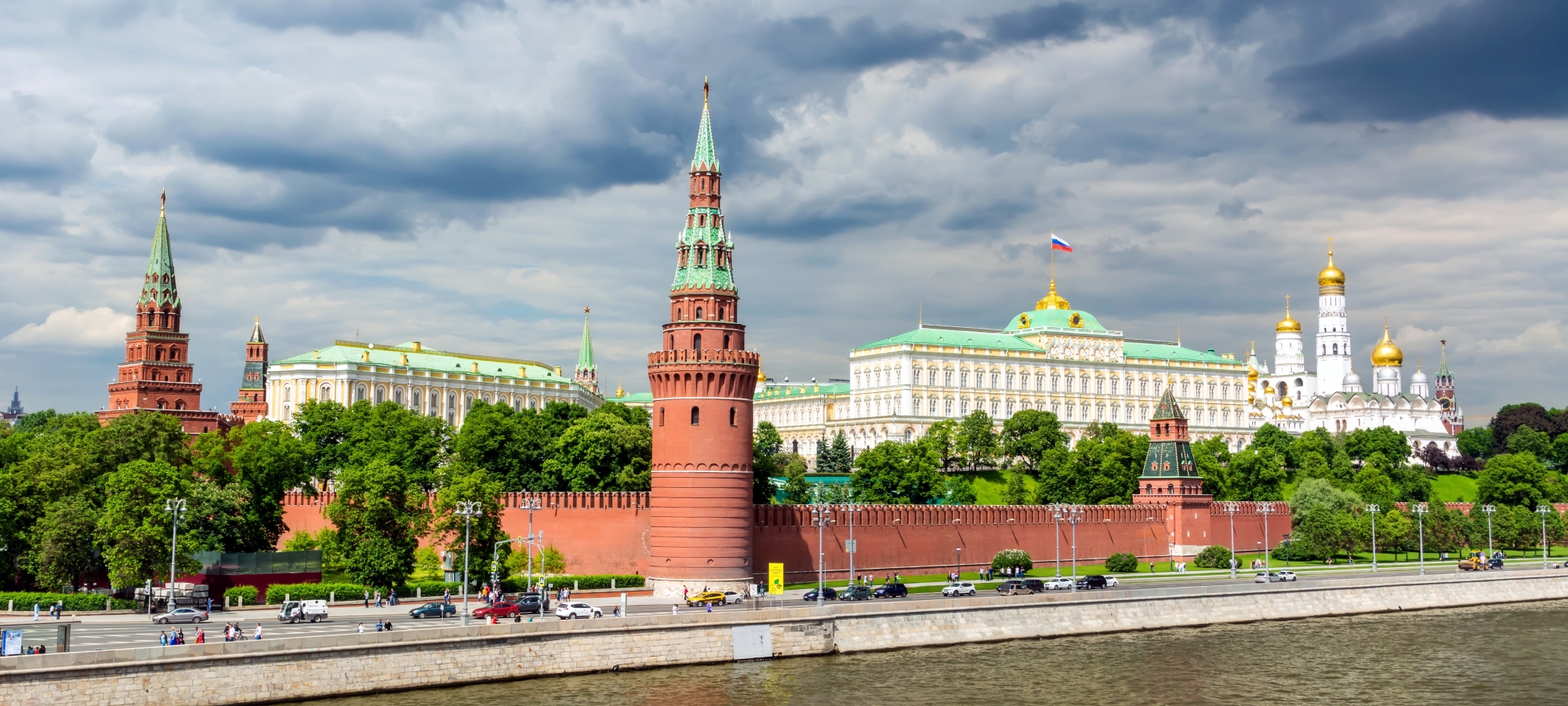
©Alizada Studios - stock.adobe.com
-- As a researcher of Russian history, what are your thoughts on the current war?
President Putin initiated this war with his personal view of historical events at the forefront, and in that respect, this war has a deep connection to history. In Putin’s mind, he is simply trying to reclaim Ukraine as a part of the broader Russian world. If we look back at the ideas held by successive leaders throughout Imperial and Soviet Russian history, we can see that Putin’s statements are not merely a means to an end, but that the current war has a variety of underlying motives that have accumulated over the course of history.
Although approximately 20% of the Russian population opposes the war, Russian society at large has been unable to stop it; after all, there is no Russian state that exists separately from its individual leaders. The rule of man takes precedence over the rule of law in Russian political culture, and as a result, there is a tendency for past events to be utilized by strong leaders as a way of directly connecting the past to the present-day politics.
Historians, no matter what period or region they investigate, need to have an understanding of the current war as an event that lays bare a cross-section of the entirety of Russian history.
Russia, Ukraine, and their past
-- What is the nature of the relationship between Russia and Ukraine?
Of the more than one hundred ethnic groups that have called Russia home throughout the Imperial, Soviet, and Post-Soviet eras, Ukraine has been the one that is most closely connected to the Russian people.
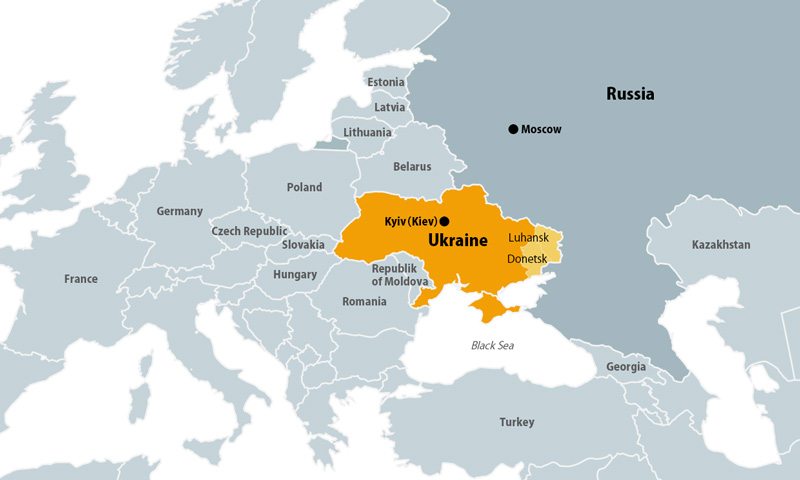
Back in the 9th century when the early Russian state known as “Rus’” was formed, Kiev (Kyiv), the present-day capital of Ukraine, was one of its centers, but Russians and Ukrainians had not yet differentiated themselves at the time. After the Mongol Empire took over, the area was divided into separate Russian and Ukrainian regions, and the Ukrainian region fell under Polish rule. When the Russian state grew in size in the 17th and 18th centuries, pressure was applied to Poland which resulted in the annexation of the Ukrainian region to Russia.
The place name “Ukraine” was coined around the 16th century after the region’s split from Rus’ three centuries prior. The word has two meanings: one is closer to “country” or “homeland,” while the other is more like “region” or “frontier.” Ukrainians, of course, interpret it in the “country” sense of the term, but Russians view it more as “frontier,” in accordance with its position on the fringes of the country. During the Russian Empire, neither the name “Ukraine” nor the Ukrainian people had official recognition, and the Ukrainian language was viewed merely as a dialect of Russian.
-- How has the relationship between Ukraine and Russia changed since the 19th century?
The late 19th and early 20th centuries saw a move towards nation-states, a transition that the multi-ethnic empire of Russia did not handle well. In Great Britain, France, Germany, as well as Japan, less importance began to be placed on social status. Any citizen with a sense of belonging to a nation could play an active role in it according to their abilities, leading to military and industrial development.
In the massive Russian empire, however, a strong estate system determined one’s role and position relative to an individual’s class and ethnic group, and the emperor served as a unifying force for these disparate estates and ethnic groups. Unable to adopt the modern concept of nationhood, Russia went on to suffer defeat in the Russo-Japanese War at the turn of the 20th century.
In the aftermath of the Russian Revolution, the Soviet Union formed as a federation, allowing ethnic groups to form their own countries, such as Ukraine and Belarus. These countries were then united through the establishment of the USSR as an overarching governing body. During the 70-year Soviet era, people like the Ukrainians were able to foster a sense of ethnicity that was compatible with Soviet citizenship, albeit under the assumption of Communist Party rule. It was also during the Soviet era that a sense of Russian unity emerged that transcended social estate. Though, as the proverbial “oldest brother” of the ethnic groups, Russians strongly perceived themselves as being in charge of the Soviet Union as a whole.
The relationship between Russian and Ukraine began to change when they became independent states following the dissolution of the Soviet Union. Their relations were not bad from the beginning, as both Russian and Ukrainian leaders shared the same motivation to renew themselves after breaking away from communist rule and socialist regimes. However, as Putin’s authoritarian regime gained power in the 21st century, relations began to deteriorate as Ukrainian leaders moved to distance themselves from Russia and become closer with the EU.
Mobilizing historical narratives for a “stronger” Russia
-- Why does the Putin regime draw on historical events in order to legitimize itself, and what does that look like in practice?
Neither rule of law nor institutional governance has taken root in Russia, and as a result, there is a consistent tendency for power to be concentrated in the hands of a supreme leader such as an emperor, general secretary, or president. For this reason, historical events have always been pulled from the past to use as a means of legitimizing one’s rule and appealing to the people. In the case of the current war, said historical narratives at work are that “Ukraine is part of the broader Russian world” or that “Ukraine is currently being controlled by Nazis, which Russia defeated in World War II.”
Russian monarchs and leaders have always been aware that if they were to lose Ukraine, it would be to the pull of the West, and have thus been wary of Ukraine’s growing autonomy. Given this awareness held by successive leaders, Putin has tried to explain the war and its lead-up with claims that the United States and Europe have long feared that Russia would become a global superpower and have sent agents to try to start revolutions, but Russia recovered and overcame tragedy each time.
It was in the 1960s during the Soviet era that past military victories began to be brought up and emphasized in such a manner. When the socialist camp encountered difficulty attracting supporters due to the economic downturn, the idea that Russia had made great sacrifices to defeat the Nazis and save the world became one of the few narratives that resonated with both the government and the people. Putin, who was born in 1952, is part of the generation that grew up with that narrative.
After the dissolution of the Soviet Union in the 1990s, events of the Soviet era were denied outright, and because finances were tight, the Yeltsin administration at that time did not expend effort deciding how to tell the nation’s history. In contrast, when Putin became president in 2000 he took a hardline position in favor of building up the Russian nation, and the historical narrative that supports it, and began to communicate that narrative to the public. The idea that it was the Russian people at the helm of both the Russian Empire and the Soviet Union was also reemphasized.
-- In what ways have the historical views of political leaders been communicated to the public?
The historical views of leaders have been disseminated to the public through the assistance of financial resources, connections, and educational networks.
During the second term of the Putin administration (2004-2008) when rising oil prices provided the central government with increased financial reserves, the government strongly pushed a “Our Great Nation of Russia” historical narrative and created an extensive educational network to promote it. The extramural educational organization Znanie (‘Knowledge’), which has existed since the Soviet Era, was restructured in the late 2010s, and now they send instructors to schools, hold history-related competitions, and other activities. Their textbooks have become nearly indistinguishable from the official national ones, and a history museum visited by school children nationwide mirrors the historical narratives pushed by political leaders. Under those circumstances, past military victories once again emerged as a common memory to unify the nation, and military parades commemorating those victories have returned.
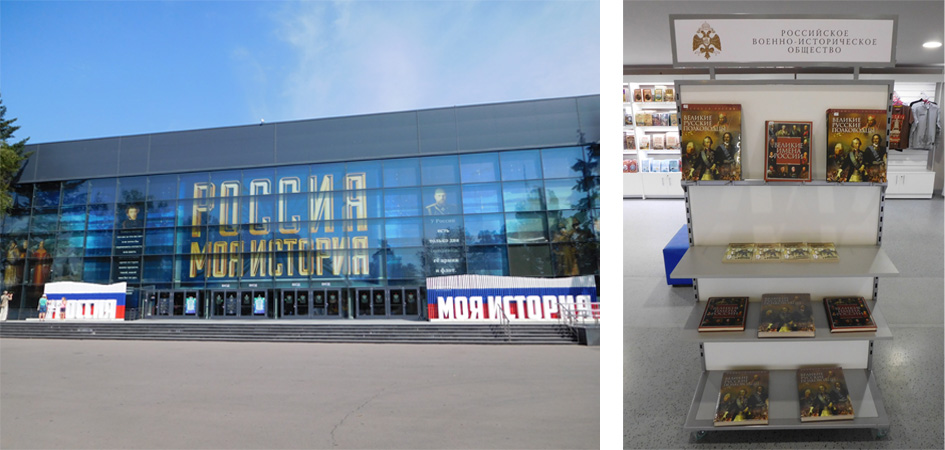
In the future after Putin is gone, whatever form that takes, I feel that strong leaders will nevertheless emerge in some sense. We need to understand the nature of that kind of political culture in Russia, where governance takes place at the hands of a strong leader who is integrated with historical events. The 80% who support the war and the 20% who do not are also part of both Russia’s past and its reality, and we must continue to watch them.
In this war, the past is directly connected to the present, and likewise, the present has already become part of history. When we reflect on this idea of the present being part of history, I believe that the field of history, as well as the humanities in general, play a significant role by tracing the records individuals leave behind and bringing their lives to light.
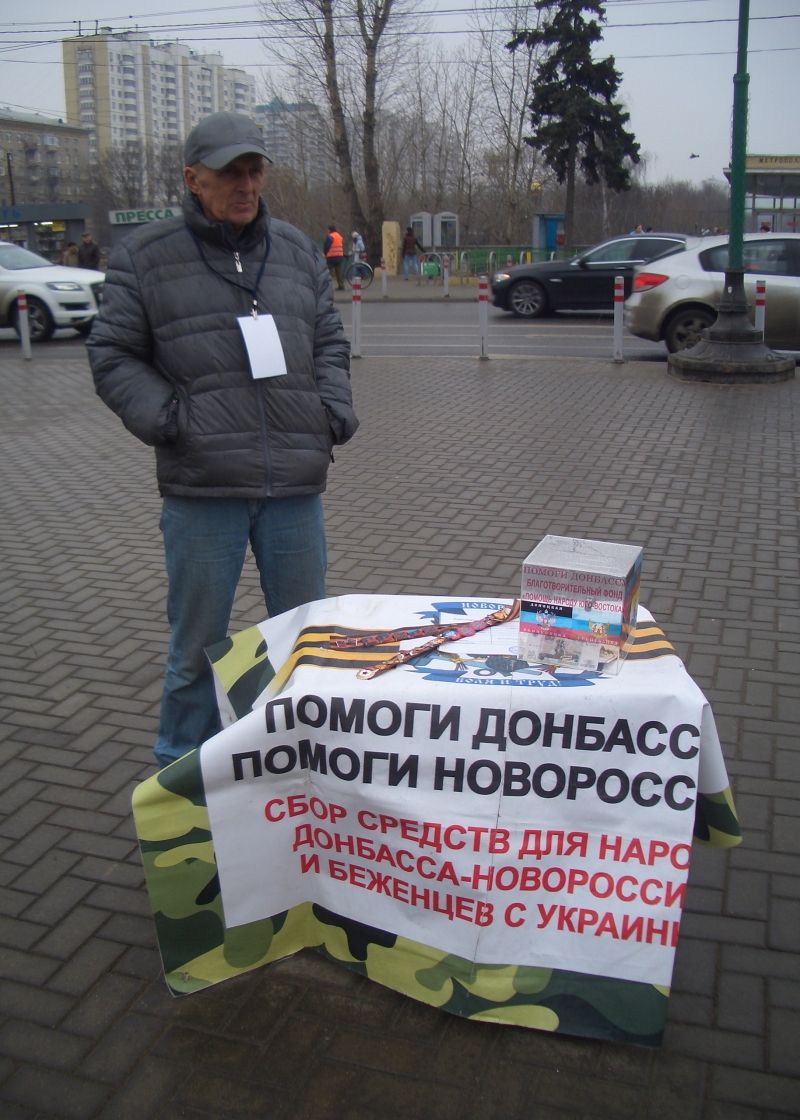
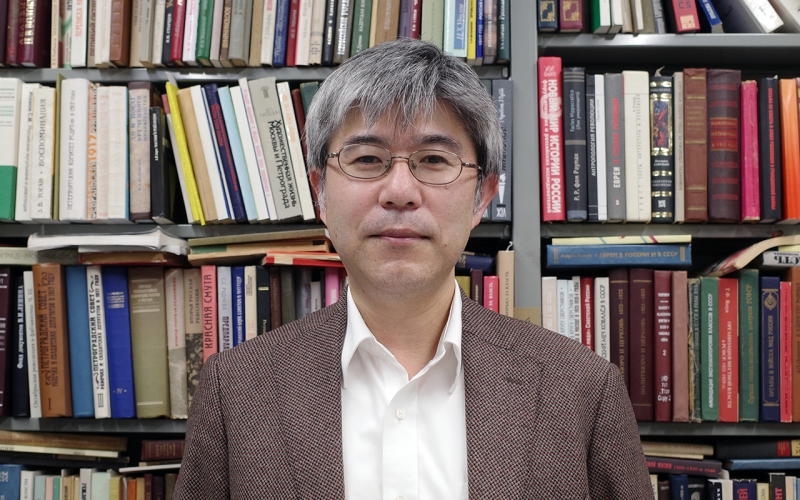
Yoshiro Ikeda
Associate Professor, Graduate School of Humanities and Sociology
Ph.D. (Letters) from Graduate School of Humanities and Sociology at the University of Tokyo. Previously an associate professor at Tokyo University of Science before assuming current position in 2013. Author of Kakumei roshia no kyōwakoku to neishon (‘The Nation and Republic in Revolutionary Russia’) (2007, Yamakawa Shuppansha Ltd), Roshia kakumei: Hakyoku no hachikagetsu (’The Russian Revolution: Eight Months of Collapse’) (2017, Iwanami Shoten, Publishers), as well as translator of the Japanese edition of Michael Stürmer’s Putin and the Rise of Russia (JP: Pūchin to yomigaeru roshia, 2009, Hakusuisha Publishing).






